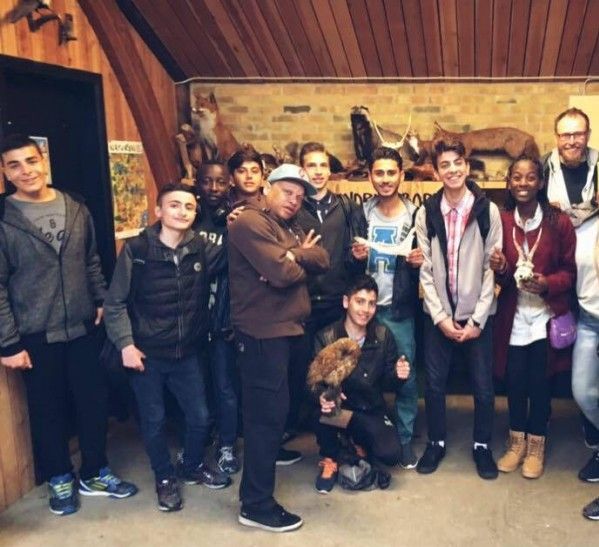With another eight cars set on fire last night in Copenhagen, the total number of cars burned to a crisp over the last ten days is already in the 40s.
On August 25, the police arrested a 21-year-old man who was “of another ethnic background than Danish”, as the police put it. But despite his arrest, the incineration of vehicles has continued without showing signs of abating.
Ray Andrews, a teacher at Ishøj Ungdomskole who has been heavily involved in local community efforts to integrate young immigrants for many years, is in little doubt. It’s a cry for help.
“It’s a voice. It’s young people with an immigrant background expressing themselves in a destructive manner. It’s a kind of silent protest,” Andrews told CPH POST.
READ MORE: Eight more cars set on fire in Copenhagen
Anger and release
Andrews, who grew up in New York and San Diego, is adamant there is a direct correlation between the car burnings and the race riots that took place in Watts, Los Angeles in 1965. Other comparisons closer to home were the Brixton Riots and Toxteth Riots that took place in London and Liverpool in 1981.
“They feel like their options are limited; they don’t have jobs, a future and all they get is disrespect, especially with Islam being kicked around like it has been. Burning cars is kind of like graffiti. But just more ignorant, built on anger and used as a form of release.”
Is Copenhagen heading down a similar path? About eight years ago a number of cars were burned in Ishøj – an operation by local drug dealers to warn off the police. However, the City Police cracked down hard using tactics of zero tolerance, handing out several beatings, recalls Andrews.
Similar problems have been seen in the northwestern district of Tingbjerg – both places have high immigrant numbers.
READ MORE: Man arrested on suspicion of setting cars ablaze in Copenhagen
Feeling ostracised
And it’s not just happening in Copenhagen. All across Sweden, from Stockholm to Malmö, cars have been set ablaze all summer. Andrews is certain that it’s second and third generation immigrants who are behind the fires.
“They are stuck in a hard place between their parents’ culture and religion and Danish life,” he said.
“It’s not new immigrants doing this. They are trying to learn and working hard to be able to stay in Denmark and make a future for themselves. They won’t risk being kicked out.”
Andrews puts a lot of effort into community work. Earlier this year he was part of a teaching program in Ishøj geared to helping newly-arrived refugee children from nations such as Syria, Iraq, Congo and Afghanistan integrate into Denmark by teaching them IT skills.
















